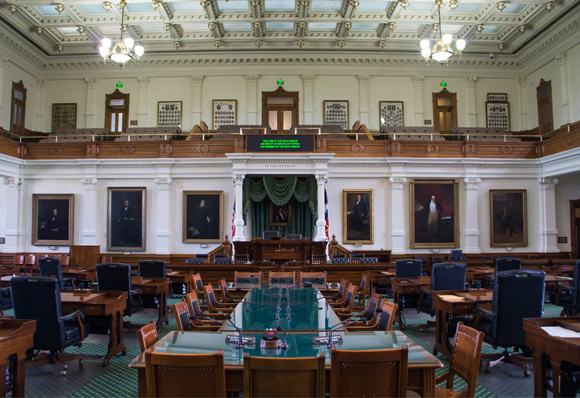This past April, a 16-year-old girl, Ma’Khia Bryant, was shot and killed by police in Columbus, Ohio. Curiously, this incident occurred just before the guilty verdict was returned on an ex-cop for the brutal killing of an African American man in Minnesota last May. I vividly remember that this incident sparked protests which, fueled by the upcoming 2020 Presidential Election, spread nation-wide.
The shooting of Ma’Khia Bryant similarly involved a white police officer killing an African American, which has subsequently been widely publicized. This year, the number of police shootings in the United States has already passed 300, of which over 60 victims have been African American-a proportionately large ratio.
In the Bryant shooting, in addition to the “white cop, black victim” narrative, the fact that the shooting occurred just outside of Bryant’s foster home has also garnered some attention.
Bryant had entered the foster care system several years before the shooting. With her father already out of the picture, she was being raised with her 4 siblings by a single mother, but there were issues between the children and their mother which led to them being taken in by their grandmother. However, Bryant’s grandmother was housing more people in her apartment than was permitted by her contract with the landlord, and so was given an eviction notice. In the end, this led to Bryant and her siblings being put into different foster care facilities. Bryant moved between several group homes and foster homes before February of this year when she finally came to the foster home that would become the scene of the shooting. Bryant was reportedly living in this foster home with her younger sister, but neither of the girls had a very good relationship with their foster parents, and even before the shooting, there were numerous occasions on which the police were called to the home by either the girls or the foster parents.
The American foster care system includes such facilities as foster parents, group homes, larger foster facilities, and facilities that provide medical care for mental illness or addiction problems. According to data from 2019, there are currently around 424,000 thousand children living in foster care facilities like these. Foster parents are charged with the vast majority of children in the foster care system at about 329,000 thousand (78% of all foster children). Just for comparison, the number of children living with foster parents or in foster care facilities in Japan in 2018 was 46 thousand. Of course an apples-to-apples comparison is not possible, but just looking at the raw numbers, we can see that there are 9 times as many children in some kind of foster facility in America as there are in Japan.
The Ma’Khia Bryant incident started when former foster children of Bryant’s foster home came to visit. Bryant and her sister began arguing with one of the visiting girls over something small, but the argument escalated when the girls called for “backup”. At one point, one of the girls produced a blade, and Bryant’s sister called the police. When the police arrived, Bryant was bearing down one of the visiting girls with the knife, and was consequently shot by the police.
























































